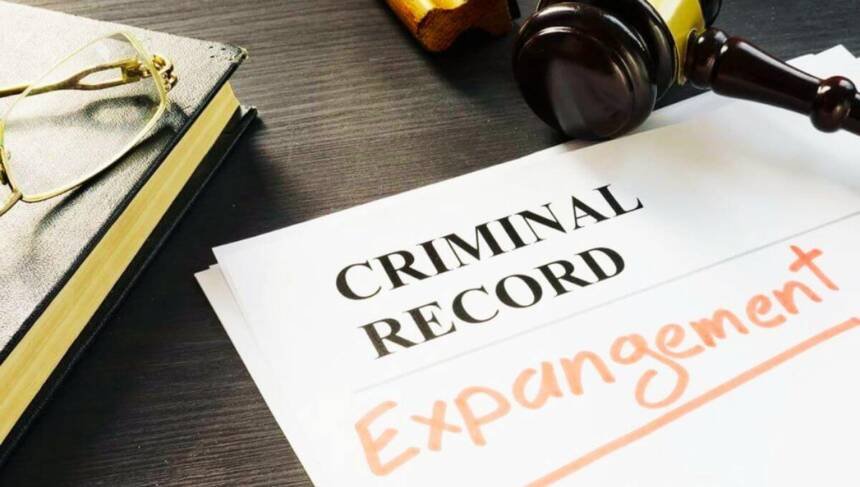Navigating the legal process to clear a criminal record can be daunting, but some states offer more lenient expungement laws, making it easier to get a fresh start.
Expungement can open doors to employment, housing, and other opportunities by removing barriers posed by a criminal record.
This article explores which states have the most straightforward expungement processes, highlighting those with the most accessible and forgiving legal frameworks to help individuals rebuild their lives.
Arizona, Georgia, and Wisconsin are among the most lenient states for expungement.
- Arizona has statutes allowing expungement for certain offenses, though the example offense of shoplifting $200 was not considered expungable.
- Georgia is currently considering a bill that would dramatically expand access to expungements.
- Wisconsin is the only state where past and closed cases are ineligible for expungement, but a new bipartisan bill aims to eliminate the age cap and shift the expungement application process to after the sentence has been served.
Additionally, the search results indicate that:
- Michigan is poised to enact the nation’s most lenient “expungement” law, loosening the requirements.
- Nebraska has expanded automatic sealing of juvenile records.
- New Jersey has enacted a “clean slate” law allowing automatic clearing of qualifying criminal records after 10 years.
Overall, the states with the most lenient expungement laws based on the information provided are Arizona, Georgia, Wisconsin, Michigan, Nebraska, and New Jersey.
States with automatic expungement laws
The states with the easiest expungement laws are those that have enacted automatic expungement laws, which seal or erase criminal records without requiring an application or petition.
These laws aim to improve employment opportunities and reduce recidivism. Here are some of the states with automatic expungement laws:
- Colorado: Automatic sealing of records for civil infractions, petty misdemeanors, and most felonies after specific waiting periods.
- Connecticut: Automatic erasure of records for most misdemeanor convictions and certain less serious felony convictions after seven to 10 years.
- Delaware: Automatic expungement of records for most misdemeanors, some minor felonies, and cases “terminated in favor of the accused” after completion of the case or sentence.
- Michigan: Automatic sealing of records for minor misdemeanors and up to four serious misdemeanors after seven years, and for non-assault felonies after 10 years.
- Oklahoma: Automatic expungement of non-conviction records and eligible misdemeanors, but not for felonies.
- Pennsylvania: Automatic sealing of records for eligible offenses after 10 years with no convictions.
- Utah: Automatic expungement of eligible cases after specific waiting periods for different types of offenses.
These states have implemented clean slate laws to ease the burden of expungement and improve employment opportunities for individuals with criminal records.



